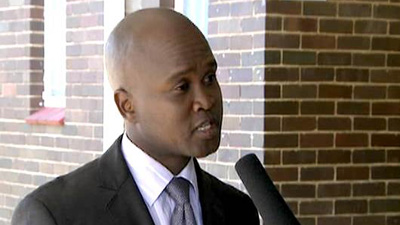It is that time of the year when the President of the Republic delivers the State of the Nation address. This takes place every year in February. In the past years, presidents have zipped through the state of the nation without any major challenge. The speeches we have seen delivered by the presidents in the past were not expected to say much about what the government‘s intentions are. The State of the Nation address is used by the governing party to outline some of the general commitments and vision of the year. These are usually rehearsed and well measured speeches delivered because it is just the time to do so. As the years pass by, it is evident that South Africans are no longer easily convinced by speeches that just talk about addressing unemployment, poverty, and inequality. Citizens are demanding more details as to how exactly government will be addressing this well known problems and by when would the problems be resolved. The 2013 State of the Nation address cannot just be the same as that of the previous year. Even more important, the speech cannot be delivered in the same tone as that of previous years. Government priorities have not changed since the 2012 State of the Nation address. What should change however; is government’s strategy in addressing problems such as unemployment and inequality. This year’s State of the Nation address comes at the time when South Africa is going through a hard time, following increased tensions in service delivery protests and also labour strikes. All of these say something about the state of our nation. President Jacob Zuma have to go more into details in outlining how his government intends to practically address the looming loss of jobs from the mining sector and also the agriculture sector. It is important that the president commits to telling the nation as to when would the youth wage subsidy, whatever form it finally takes, be implemented. The ongoing crisis of service delivery at local government level is threatening to undermine the legitimacy of government. We have seen in the case of Sasolburg where communities have rejected government’s decision to move them to a different municipality. This is caused by perceived and real failures by government when it comes to properly managing local government. It is important for the president to be clear as to how his administration aims to tackle local government challenges.
The question of education and health are also disturbing. The state of education in provinces such as Eastern Cape is a major concern. The state of health provision in Limpopo and Gauteng provinces, respectively, also need to be addressed. It is important that the president state to the nation how these challenges are going to be dealt with.
South Africa’s challenges are well known and there is no need to further acknowledge the problems further. It is necessary for the president to move beyond the grand talk and state specifically what measures are going to be adopted to deal with the problems we all know about. In the past speeches, the president usually announced large funds to be spent on job creation as part of the infrastructure programme. It will not help to announce a figure while we know that we do not have capacity o spend this money in a way that create jobs. Something ought to change! The president should therefore address the question of capacity of the public service when it comes to rolling out government programmes. How can we be assured that the targeted money will not be thrown in the hole of corruption? We need more assurance. I expect the focus of the speech to be much on the National Development Plan, drawn by the National Planning Commission. The plan will not bring any difference as long as the public service lacks the necessary capacity to implement it. The president should start talking and acting like the “Action Man” he has been said to be.
– By Ralph Mathekga


